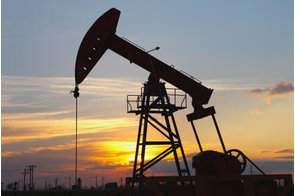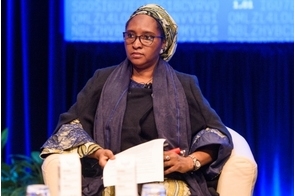Latest News
SABMiller closes South Sudan brewery due to forex scarcity

News Highlight
- SABMiller has faced acute forex shortages because of the rout in prices of oil, South Sudan’s main export.
- South Sudan’s inflation rate surged to a record 109.9 percent in December.
SABMiller, the world’s second largest beer company with operations in many African countries, announced on Friday that it will close its brewery in South Sudan – Southern Sudan Beverages Limited (SSBL) – because of scarcity of foreign exchange to purchase raw materials.
Since May last year, SABMiller has been facing acute forex shortages because of the rout in prices of oil, South Sudan’s main export, and a bloody civil war, which cut the country’s oil production. SSBL -- the only beer factory in South Sudan, founded in 2009 -- requires $7.5 million to purchase raw materials and currently owes its South African parent company about $100 million, according to the Financial Times.
“Unless and until the situation significantly improves, it is likely that SSBL’s brewing and bottling operations will be mothballed and the site will run as a depot for the distribution of imported beverages from neighbouring Uganda,” SABMiller said in a statement.
SABMiller, which is being acquired by Anheuser-Busch InBev for $107 billion, said SSBL’s closure would “directly impact” on its 237 employees and affect thousands of individuals and businesses across the value chain.
“We are monitoring the situation intensively and our priority is to work with affected employees to help them as far as possible but we regret to say that this appears the most likely outcome in the current circumstances,” the company said.
In December, South Sudan’s central bank devalued its currency – the pound – by 84 percent and allowed it to trade freely because of low government revenues caused by declining oil prices. The International Monetary Fund estimates that South Sudan’s foreign reserves can only cover about three weeks of imports, having fallen to about $380 million as at December 2014. Unofficial sources in South Sudan have stated that the country’s foreign reserves fell below $150 million in 2015.
South Sudan’s inflation rate surged to a record 109.9 percent in December after prices of food, clothing, alcoholic beverages and utility costs rose sharply.
South Sudan, which declared independence from Sudan in 2011, has been facing economic crises since civil war broke out in December 2013. The conflict has resulted in over 50,000 deaths and forced two million people to flee from their homes.
In August last year, President Salva Kiir signed a peace deal that stipulates a power-sharing agreement with rebel leaders led by Reik Machar, a former vice president. The deal has raised hopes that South Sudan would return to political stability and economic progress, which were truncated by the bloody civil war.
Chibuike Oguh is Financial Nigeria's Frontier Markets Analyst
Related News
Latest Blogs
- Nigeria’s economic reform faces new threats
- What Ould Tah’s tenure at BADEA reveals about his AfDB candidacy
- Implementation strategy crucial for the success of 12-4 education policy
- A senator’s suspension threatens the right of representation
- Tinubu’s promising revolution in infrastructure development
Most Popular News
- Artificial intelligence can help to reduce youth unemployment in Africa – ...
- Nigeria records $6.83 billion balance of payments surplus in 2024
- Tariffs stir inflation fears in US but offer targeted industry gains ...
- Tinubu appoints new Board Chair, Group CEO for NNPC Limited
- CBN net reserve hits $23.1 billion, the highest in three years
- Soaring civil unrest worries companies and insurers, says Allianz









